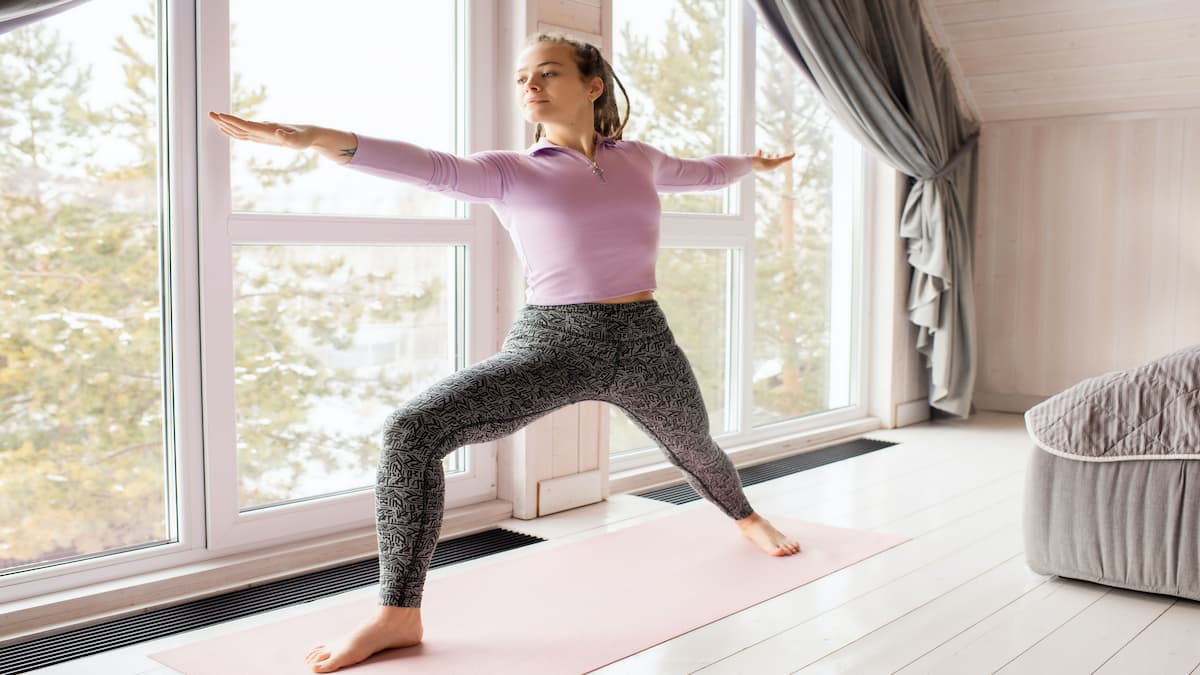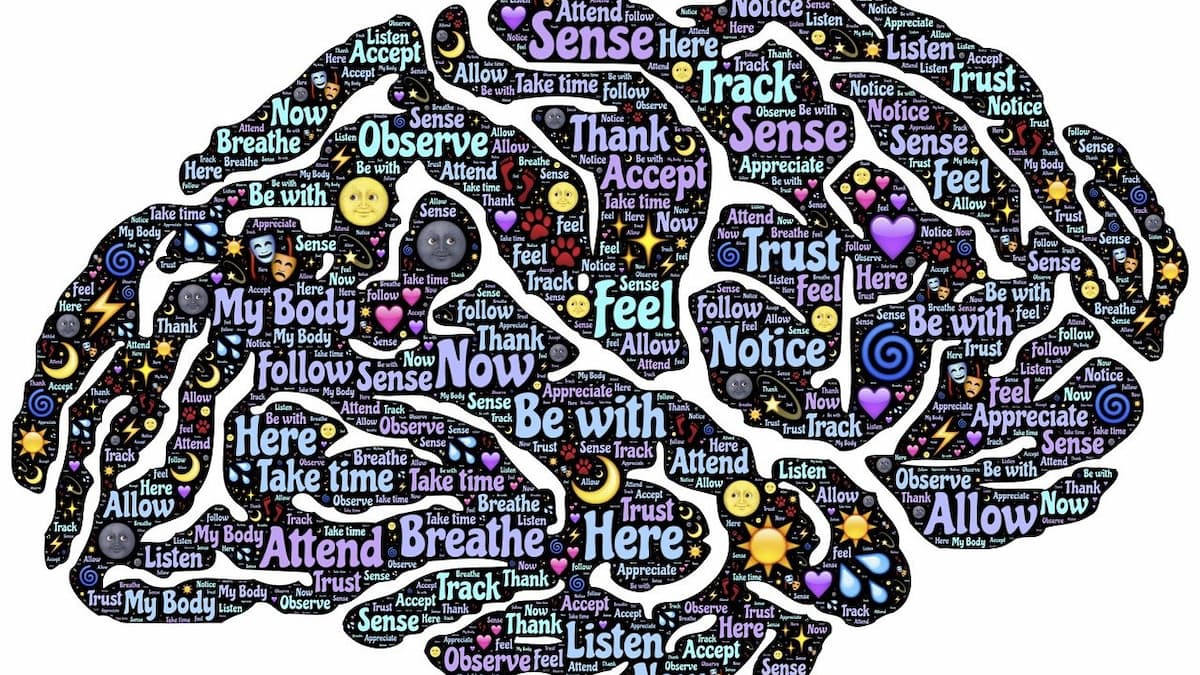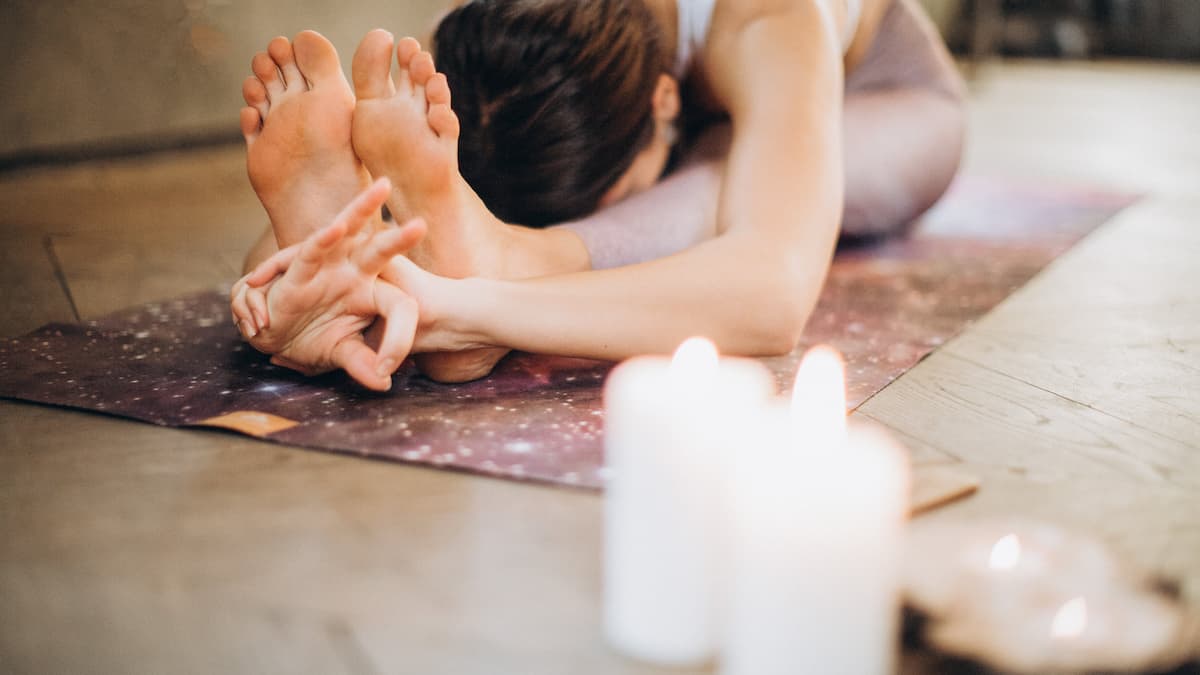Overview
How to manage personality disorders through Yoga Poses, Meditation, and Pranayama?
There is quite a bit of confusion surrounding personality disorders. What are they, and how seriously do they affect someone? The confusion often leads to misconceptions and misunderstandings, which are only detrimental to the community of people living with these disorders.
It is estimated that about 10 to 13% of the population lives with a personality disorder. Therefore, it is crucial that more people understand what they are and how they affect the people living with them.
Personality disorders are notoriously difficult to treat as the person often resists treatment because they do not see anything wrong with themselves. However, yoga may be a helpful tool to ease some symptoms.
Those with personality disorders often lack self-awareness, live with anxiety or stress, and struggle to connect with others. Yoga’s ability to calm the mind and promote mindfulness can assist with all of these issues.
But before we can dive into the healing effects of yoga, it is essential to understand what personality disorders are and how they are categorized. Read on to learn more about personality disorders and how yoga can help.
What Are Personality Disorders?
WebMD defines a personality disorder as “when the way that you think, feel, and/or act causes you intense distress, deviates strongly from societal expectations, or causes you to have difficulty functioning normally.”
People with personality disorders often act quite differently than those around them. However, this isn’t just the matter of being a little “weird” or “different.” Often the behavior causes internal conflict and distress and greatly affects the people around them.
This is more than just a quirk or a character flaw. The behavior that someone with a personality disorder exhibits disrupts every part of their life. For example, they may struggle to acclimate to school or work conditions. In addition, their behavior can ruin their relationships, leading to a lonely and isolating life. They are in constant inner turmoil because they see that people do not respond well to their thinking or behavior but are rarely willing to change as they don’t see that their behavior is abnormal.
Personality disorders are notoriously difficult to treat. Those who live with them have a rigid way of thinking, so they are unwilling to get treatment or make any changes. They often fail to see how their behavior affects those around them, making them less likely to change their ways or make amends.
Categories of Personality Disorders
We can categorize Personality disorders into three groups: Cluster A, Cluster B, and Cluster C. These groups are defined by the patterns of behavior exhibited amongst the disorders.
Cluster A personality disorders are behavior that is eccentric or odd. These include paranoid personality disorder, schizoid personality disorder, and schizotypal personality disorder.
Cluster B personality disorders are defined by behavior that is unpredictable, excessively emotional, or dramatic. Antisocial personality disorder, borderline personality disorder, histrionic personality disorder, and narcissistic personality disorder belong to this cluster.
Cluster C personality disorders are defined by thinking and behavior that is excessively anxious or fearful. The disorders in this cluster include avoidant personality disorder, dependent personality disorder, and obsessive-compulsive personality disorder.
How Yoga Can Help to Manage Personality Disorders
Each personality disorder is completely different, so they can’t all be considered the same when discussing treatment. However, there are common themes amongst the symptoms and side effects of these disorders, some of which yoga may be able to help with.
Most personality disorders contain symptoms of anxiety, chronic stress, rigidity, obsessive tendencies, and difficulty connecting with others. Though yoga is no miracle cure, practicing yoga often may reduce these symptoms. So let’s delve more into exactly how yoga may help.
Mindfulness Meditation
Many personality disorders are characterized by negative or unusual thoughts. The practice of mindfulness in yoga, particularly in meditation, can help someone notice these thoughts and work through and heal them.
This also works well for any negative emotions that come up. Mindfulness meditation encourages people to sit with their emotions rather than run from them. This requires being present, which people with personality disorders struggle with. However, daily practice can improve this and help the person heal their negative thoughts and emotions.
Moreover, yoga and mindfulness meditation heal pessimism.
Self-awareness
A lack of self-awareness is also common in those with personality disorders. However, this is a crucial element in yoga and meditation. By being self-aware, people can recognize how their actions affect the people around them as well as how they interfere with their own lives.
This is ultimately what separates a person with a personality disorder from the rest of the population. Their behavior is erratic and unusual, but they lack the self-awareness to understand why their behavior is odd and how it affects the people around them. However, with the frequent practice of yoga and/or meditation, they may be able to gain this awareness.
Eases Symptoms of Anxiety and Stress
Anxiety, stress, and similar conditions are also common among people with personality disorders. Luckily, yoga is well-known for its ability to calm these issues and bring people back to a state of serenity and calm.
Furthermore, adopting pranayama can further one’s journey to inner peace and improved mental health. The combination of meditation, relaxing poses, and deep breathing may be able to bring a person with a personality disorder back into a state of inner calm.
Loving-Kindness Meditation
Depending on the disorder, some people with personality disorders struggle to connect with others. Furthermore, they may have difficulty with empathy or understanding that other people have valid wants and needs.
Loving-kindness meditation aims to enhance one’s connection to others. It encourages universal love, compassion, empathy, and forgiveness, which are all necessary to create loving and satisfying relationships.
Since those with personality disorders struggle to maintain relationships, lovingkindness can help them connect with people in positive ways. They can start to see people in a new light and understand that they have needs and boundaries. Furthermore, they will learn forgiveness for themselves and those who may have hurt them.
Final Thoughts
Though yoga may be able to help, it is critical to work with a professional if you have a personality disorder. Only a therapist, psychologist, or psychiatrist will be able to find the best treatment and coping options for you.
Though yoga cannot cure a personality disorder, it may provide many benefits that make the disorder easier to live with. Talk to your doctor or therapist to see if yoga may be a good way to cope with or treat your personality disorder.

Marie Miguel has been a writing and research expert for nearly a decade, covering a variety of health-related topics. Currently, she is contributing to the expansion and growth of a free online mental health resource with BetterHelp.com. With an interest and dedication to addressing stigmas associated with mental health, she continues to specifically target subjects related to anxiety and depression.



